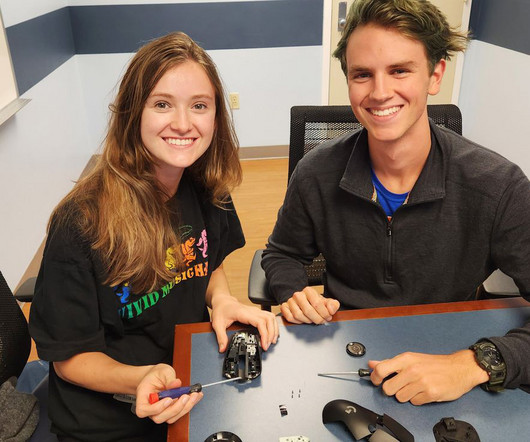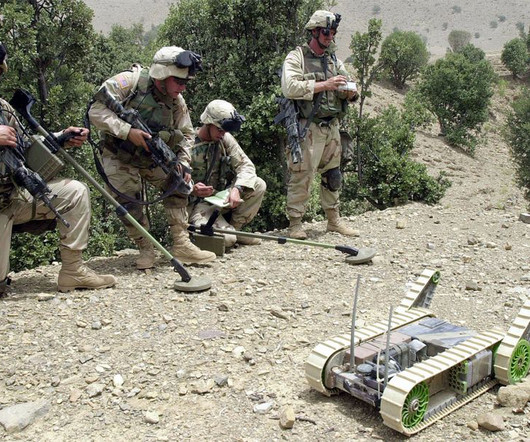Ford Fusion first global vehicle program using seat fabric from recycled material
Green Car Congress
MAY 30, 2013
Ford Fusion is the first global vehicle program from any automaker to use seat fabric made from recycled material, with the potential to recycle enough plastic bottles and post-industrial waste to make 1.5 She says the idea is to one day have all Ford fabrics consist of recycled material. million yards of fabric annually.































Let's personalize your content